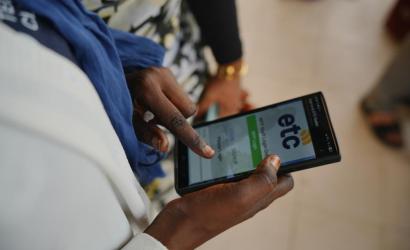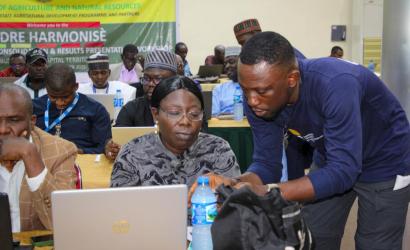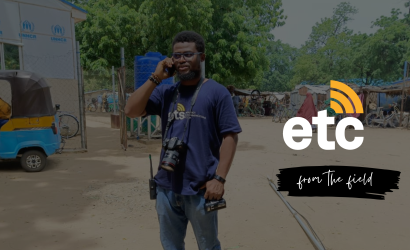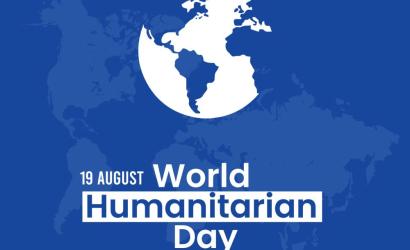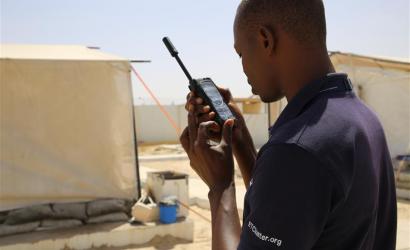Nigeria
In terms of the natural hazard risk profile, Nigeria is regularly affected by multiple hazards such as floods and droughts. Low-income households are the most vulnerable to weather-related natural disasters. Agriculture, which is heavily impacted by flooding and drought, serves as the main source of income for 80 percent of the rural poor. Furthermore, the rapid rise of urban poverty increases potential flood risk. Nigeria has taken steps to advance its disaster risk management (DRM) agenda. In 2011, the country passed the National Disaster Management Framework (NDMF) to support a paradigm shift from response and recovery to risk management, but the enforcement and implementation needs to be strengthened. The 2012 floods and subsequent PDNA furthered Nigeria’s political will to invest in long-term disaster resilience.
Nigeria is also a conflict-affected country. Nearly 15 million people have been affected by violence from the Boko Haram insurgency and resulting military operations in northeast Nigeria since 2009. Supporting the recovery of affected communities is a key priority for the government.
Source: Global Facility for Disaster Reduction and Recovery
*In Nigeria, all clusters are being referred to as sectors. The ETC is therefore operating as the ETS with all project plans, appeals, services and deployments adhering to established procedures.
ICT Profile
National Emergency Management Agency (NEMA)
Ministry of Communications and Digital Economy
Nigerian Communications Commission (NCC)
206,139,587
Source: World Bank 2020
In terms of the natural hazard risk profile, Nigeria is regularly affected by multiple hazards such as floods and droughts. Low-income households are the most vulnerable to weather-related natural disasters. Agriculture, which is heavily impacted by flooding and drought, serves as the main source of income for 80 percent of the rural poor. Furthermore, the rapid rise of urban poverty increases potential flood risk. Nigeria has taken steps to advance its disaster risk management (DRM) agenda. In 2011, the country passed the National Disaster Management Framework (NDMF) to support a paradigm shift from response and recovery to risk management, but the enforcement and implementation needs to be strengthened. The 2012 floods and subsequent PDNA furthered Nigeria’s political will to invest in long-term disaster resilience.
Nigeria is also a conflict-affected country. Nearly 15 million people have been affected by violence from the Boko Haram insurgency and resulting military operations in northeast Nigeria since 2009. Supporting the recovery of affected communities is a key priority for the government.
Source: Global Facility for Disaster Reduction and Recovery
NGN (Naira)
Source: ISO
6.5 (very high)
Source: INFORM Risk 2021
234
.ng
Voltage: 230V, Frequency: 50Hz, Plug type: D, G
Yes - active
WFP
No
0.1
Source: ITU ICTeye 2017
75.9
Source: ITU ICTeye 2017
0
Source: ITU ICTeye 2017
19.9
Source: ITU ICTeye 2017
45.9 (medium)
Source: GSMA Intelligence 2017
67.16
Source: GSMA Intelligence 2017
This describes some of the regulations and rules related to the use of emergency telecommunications equipment in Nigeria.
The National Disaster Management Framework (NDMF) provides a mechanism that serves as a regulatory guideline for effective and efficient disaster management in Nigeria.
The approved National Policy on Telecommunications was launched in October 1999.
-
Nigerian drone regulations, according to the Nigerian Civil Aviation Authority
Source: http://www.ncaa.gov.ng/
According to Nigeria’s national aviation authority, the Nigerian Civil Aviation Authority (NCAA), flying a drone is legal in Nigeria. Drone regulations should be complied with.
An Act to provide for the prohibition of importation into Nigeria of certain food-stuffs especially those contaminated by toxic substances, and the penalty for the contravention of the said prohibition.
It provides a legal framework for the regulation, development, and management of Nigeria's Health System. This study assessed the knowledge and perception of the NHA 2014 by health professionals.
The act provide, among other things for – Independence in the conduct of the affairs of the Commission; the funds of the Commission to be a direct charge on the Consolidated Revenue Fund of the Federation; the ent of the Human Rights Fund; and The recognition and enforcement of the awards and recommendations of the Commission as decisions of the High Court.
The SON’s main responsibility is to make sure that products that are manufactured locally in Nigeria have the required level of satisfaction desired by consumers. They achieve this by making sure that companies.
Tax Legislation and Policy
The tax policy enumerates the monetary charges imposed by Government on individuals, companies, transactions, properties for the purpose of Revenue generation.
Nigerian labour law looks into the rights, working conditions, minimum wage, termination clauses, and many other rules set by the government of Nigeria. The current version of the act was put into place in 2004, five years after their current constitution was established.
The Regulation regulates the activities of Data Controllers and Data Administrators in their use of the personal data of all natural persons who are Nigerian citizens (Nigerian Citizens) or who live in Nigeria (Nigerian Residents); both, Data Subjects.
